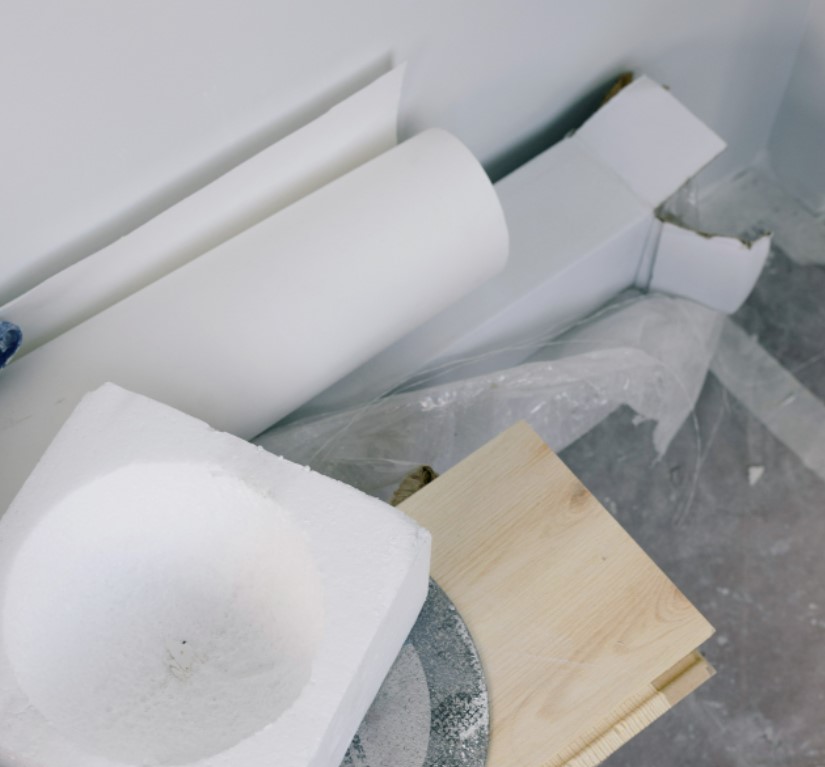Did you know that recycling isn’t just about sorting your trash? There are many different types of recycling, and some of them may surprise you. To soften the effects of our trash output on the environment, people have come up with all sorts of ways to recycle everything from cars to straws. Here are some types of recycling you may not know about.
Food Waste
It might sound a little odd to hear that you can recycle your food waste. While it’s a largely unknown recycling type, it’s a critical one for many reasons. Food waste recycling helps to keep organic matter out of landfills where it emits methane, a greenhouse gas. It also cuts down on the amount of food that needs to be produced, thus saving water and other resources.
One of the first ways to recycle your food is to avoid wasting it in the first place. If you anticipate having food you won’t use before it expires, donating it to a local shelter or food pantry is a great way of keeping it out of the landfill while helping those in need. You can recycle your food waste by composting it at home or taking it to a local community garden. You can also call local farms to see if they are in need of scraps for their animals.
Construction Recycling
Construction recycling is another type of recycling that you may not have thought about. When finishing a home build or improvement project, chances are there will be a lot of construction waste left over.
Rather than throwing all of this in the trash as waste, consider recycling it instead. Wood scraps can be used for framing or making raised garden beds. Nails and drywall can be recycled at a local scrapyard or donated to a homebuilding charity. This type of recycling not only reduces the amount of waste going to the landfill, but it can also help you or someone else save money on a future project.
E-Waste
E-waste is the waste produced from electronic devices, from TVs and computers to phones and printers. This type of waste is particularly difficult to recycle because it contains a variety of materials, including metals, plastics, and glass.
One way to recycle your e-waste is to take it to a local electronics store or recycling center. Many of these places will have special programs for recycling old electronics, including testing parts and reusing those that are still operable. You can also check with your city or county to see if they offer e-waste recycling programs.
A quick look around you reveals a whole list of things that can be recycled, repurposed, or reused. By recycling these items, we can help reduce the amount of waste going to the landfill and do our part to protect the environment for generations to come.

